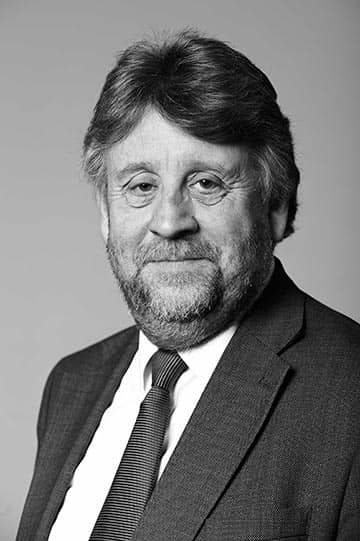Notary public
What is a notary public?
A notary public is a highly skilled specialist and a member of the oldest branch of the legal profession. He or she is a public official sanctioned by the state to prepare and authenticate official documents for use overseas.
A notary public will need to check that you are who you say you are; you are the person who should be signing the document; and you have the capacity to understand the nature and effect of the document. This is why he or she will ask for proof of your identity and address. Such requirements may be satisfied through the provision of a driving licence or passport, and an up-to-date bank statement, council tax statement or utility bill.
Once satisfied of your identity, your notary public will sign the document and, by affixing his or her seal of office, it is given the international legal status that parties and officials in other countries can rely upon. Consequently, there is more to a notary public than the simple witnessing or stamping of a document. This authenticated document is known as a Notarial Act.
What a notary public does
The most common tasks will be:
- Prepare and authenticate powers of attorney for use overseas
- Deal with the purchase or sale of land and property abroad
- Authenticate foreign wills and provide documents to deal with the administration of estates of those people who have died abroad, or who own property overseas
- Authenticate a range of personal documents and information for immigration or emigration purposes, or to apply to marry or work abroad, such as educational or professional qualifications, or declarations of freedom to marry (certificate of no impediment)
- Authenticate company and business documents and transactions, or provide certificates of good standing as to the status of a company or the identity of its directors
Legalisation
Once you have the Notarial Act, the person requiring the document in the receiving jurisdiction must decide whether to accept it or not.
In some jurisdictions, the Notarial Act will be accepted without any further authentication, which is most likely to happen if a jurisdiction is part of the Commonwealth or a former British possession such as Australia or Canada.
Other receiving jurisdictions may require authentication of the notary’s signature and status from the Foreign and Commonwealth Office (FCO). If a country is a signatory to the Hague Apostille Convention, then an apostille sticker is attached to the document by the FCO, to enable it to be accepted in the receiving jurisdiction. Nothing further should be required.
For those countries who are not members of the Hague Apostille Convention, then consular legalisation may be needed. This means that, once the individual notary has been authenticated by the FCO, the FCO will have the legalisation stamp authenticated by the Consulate of the relevant country.
Fees
The cost of dealing with your document will ultimately depend on a range of factors, including the number and complexity of the documents; whether there is a special urgency; if we have to draft the documents, arrange legalisation or other authentication, or liaise with your overseas lawyers because of the incompleteness of the documents.
There may also be disbursements for the legalisation of the documents. The FCO currently charges £30 per document for it to be turned around in two working days, although this may be more in peak times. A same day service operates for £75.00 per document. We can liaise with couriers to speed up matters and, if so, you will pay their charges, together with our fee for arranging this.
It’s worth noting that, if consular legalisation is required, some embassies or High Commissions charge more than others with some Arabic countries being at the most expensive.
If the matter is straightforward, such as the certifying of a passport, we can agree a fixed fee.
Please contact us for a costs estimate.
Next steps
- Telephone, email or simply call in to arrange an appointment with a notary public
- Ensure you bring identity verification (i.e. passport, driving licence or national identity card), together with address verification such as a utility bill; council tax or bank statement which is not more than three months old. Please note that mobile telephone bills are not acceptable.
- We will need to be satisfied that you understand the documents and intend to be bound by them, particularly if they are in a foreign language, which means that we may insist on a translation and this will incur additional costs
- We are unable to advise you on the contents of the document since our duty is to all parties to the transaction, so you may need to seek legal advice from lawyers in the receiving jurisdiction. We will, however, be happy to liaise with these lawyers to clarify any questions that may arise during the transaction
- You will also need to provide us with all relevant documentation received from overseas in relation to the transaction, because this may include important instructions about how the overseas lawyers want us to notarise documents
- If you are signing on behalf of someone else, for example as an attorney or a company director, we will need to see the power of attorney or company minutes and/or resolutions before we can act for you
Please note that this service is only available from our Barnstaple office, we are unable to offer this service from any other office at this time.
Contact Us
North, South, East or West. Wherever you are, we’ve got you covered. Contact us today for an informal chat, without obligation. We look forward to hearing from you.


